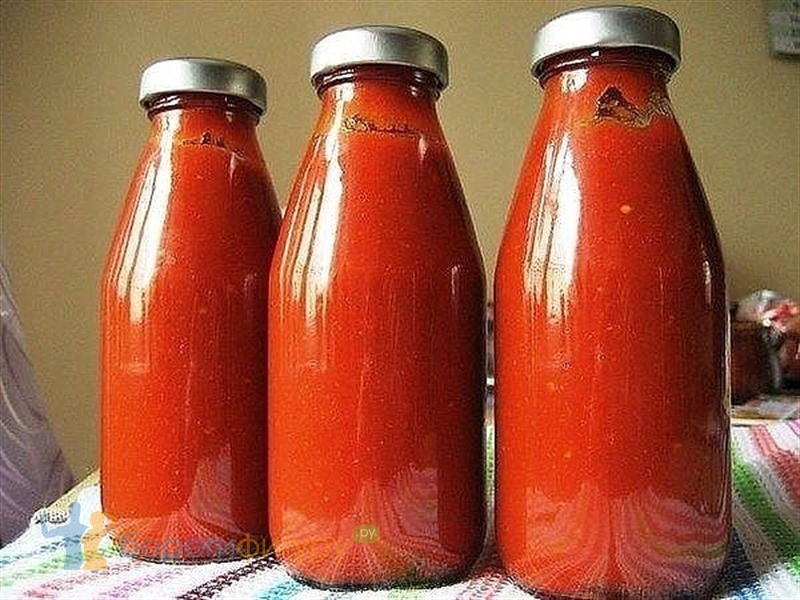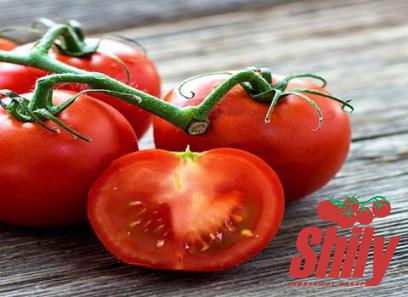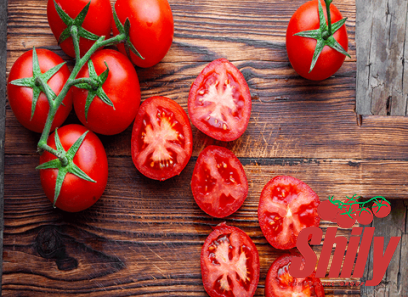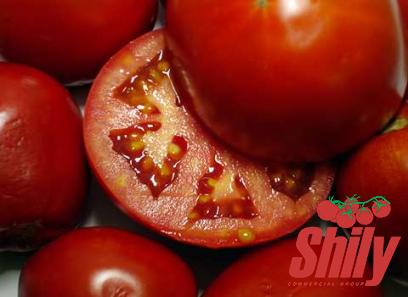The Evolution of Ketchup Plastic Bottles: From Convenience to Sustainability
Introduction:
The humble ketchup plastic bottle has become an emblematic figure in the condiment industry, universally recognized as the go-to packaging solution for this tangy sauce. However, the evolution of the ketchup plastic bottle goes beyond aesthetics and convenience. This article delves into the history, innovation, and sustainability aspects related to ketchup plastic bottle production, highlighting the industry’s efforts to minimize waste and reduce environmental impact.
1. Historical Context:
The concept of ketchup dates back centuries, but it wasn’t until the 20th century that it gained widespread popularity and became commercially available in bottles. Initially, glass bottles were the norm, but they proved to be fragile, heavy, and prone to breakage during transportation. The needs of modern consumers pushed the industry to search for a more convenient and durable solution, leading to the adoption of plastic bottles.
2. Convenience and Design:
Plastic bottles revolutionized the availability and accessibility of ketchup by offering a lightweight, break-resistant, and user-friendly alternative to traditional glass packaging. Their squeezable nature allowed consumers to dispense ketchup with greater control, minimizing waste and mess. Additionally, plastic bottles offered tamper-proof seals, ensuring product freshness and safety.
3. Innovation in Packaging Materials:
As technology progressed, manufacturers began exploring the use of different plastic materials to create bottles with improved attributes. High-density polyethylene (HDPE) emerged as a popular choice due to its excellent chemical resistance, durability, and recyclability. HDPE bottles not only facilitated easy pouring and precision dispensing but also proved to be cost-effective and environmentally friendly.
4. Sustainable Initiatives:

In recent years, the push for sustainability has prompted the ketchup industry to adopt greener practices. Plastic bottle manufacturers have made significant strides towards reducing waste and optimizing the environmental impact of their products. Some key strategies and initiatives include:
a) Lightweighting: By reducing the amount of plastic used in each bottle, manufacturers have managed to achieve significant weight reduction without compromising structural integrity. This process not only conserves resources but also lowers transportation costs and carbon emissions.
b) Recyclability: HDPE bottles have the advantage of being widely accepted in recycling programs. Industry players actively encourage consumers to recycle their empty ketchup bottles to divert them from landfills. Furthermore, recycling facilities have improved their capabilities to process and reuse plastic, ensuring a closed-loop system.
c) Biodegradable Alternatives: Researchers and innovators are investigating the possibilities of creating ketchup bottles from bio-based plastics, such as polylactic acid (PLA). These materials, derived from renewable resources like cornstarch or sugarcane, offer the advantage of being compostable and reducing reliance on fossil fuels.
d) Refillable Dispensers: Some companies are implementing refillable dispensers as an alternative to single-use bottles. These dispensers allow customers to refill their ketchup bottles, reducing plastic waste generation.
5. Other Packaging Innovations:
Beyond traditional plastic bottles, the ketchup industry has witnessed the emergence of alternative packaging solutions, driven by both sustainability concerns and consumer demand. Some notable examples include:
a) Squeeze Pouches: Lightweight and flexible, pouches offer efficient use of materials and require less energy to produce. They are also space-saving and minimize transport costs, making them an appealing sustainable option for ketchup packaging.
b) Biodegradable Materials: Companies are exploring the use of biodegradable materials like plant-based plastics or edible coatings in their ketchup packaging. These innovations aim to reduce environmental impact and encourage a circular economy.
c) Dispensing Systems: In commercial settings, innovations such as valve dispensers or bag-in-box solutions offer convenience, portion control, and minimize food waste compared to individual plastic bottles.
Conclusion:

The ketchup plastic bottle has undergone a remarkable evolution, fueled by consumer demands, convenience, and environmental concerns. Manufacturers and industry players have recognized the need for sustainability in packaging and have implemented various strategies to reduce waste, improve recyclability, and explore alternative materials. The ketchup industry’s progress in developing more eco-friendly packaging solutions serves as an example for other sectors to adopt sustainable practices, ultimately fostering a greener and more responsible approach to packaging.I. The Importance of Sustainable Packaging in the Ketchup Industry
In recent years, consumers have become increasingly conscious of the environmental impact of the products they purchase. This shift in consumer behavior has led businesses, including those in the ketchup industry, to prioritize sustainability in their packaging solutions. With plastic pollution being a global concern, ketchup producers have recognized the importance of developing eco-friendly packaging that minimizes waste and reduces carbon footprints. This section explores how sustainable packaging is not only a response to consumer demand but also a business advantage for the ketchup industry.
II. Enhancing Brand Reputation and Consumer Trust
Sustainability initiatives in packaging are a powerful way for ketchup companies to strengthen their brand reputation and build consumer trust. In a highly competitive market, customers are increasingly attracted to brands that demonstrate a commitment to environmental stewardship. By opting for sustainable packaging, ketchup businesses can align themselves with the values of conscious consumers, thereby enhancing their image and establishing a loyal customer base. In a recent study, it was found that 73% of consumers prefer to buy from companies committed to reducing their environmental impact.
III. Cost-Effectiveness of Sustainable Packaging Solutions
Contrary to popular belief, sustainable packaging does not necessarily come at a higher cost. In fact, investing in eco-friendly packaging solutions can lead to long-term cost savings for ketchup manufacturers. For instance, lightweighting, the process of reducing the weight of plastic bottles, not only conserves resources but also lowers transportation costs. Furthermore, the use of recycled or bio-based materials can mitigate the reliance on fossil fuels, reducing raw material costs and enhancing overall sustainability.
IV. Meeting Regulatory Compliance and Industry Standards
In addition to consumer expectations, regulatory compliance and industry standards play a crucial role in shaping packaging practices within the ketchup industry. Government agencies worldwide are implementing stricter regulations on single-use plastics and packaging waste. By adopting sustainable packaging alternatives, ketchup businesses can ensure compliance with current and future regulations, avoiding potential penalties or legal issues. Furthermore, adhering to industry standards for eco-friendly packaging helps companies maintain a competitive edge and forge strategic alliances with suppliers and retailers who prioritize sustainability.
V. Collaboration and Innovation
Achieving sustainable packaging goals in the ketchup industry often requires collaboration and innovation. Stakeholders, including packaging manufacturers, research institutions, and ketchup producers, must join forces to streamline the development and implementation of sustainable packaging solutions. Collaborative efforts can lead to shared knowledge, resources, and best practices, accelerating the adoption of greener packaging in the industry. Moreover, investing in research and development allows for continuous innovation, leading to breakthroughs in packaging materials, designs, and technologies that optimize sustainability.
VI. Communicating Sustainability Efforts to Consumers

Effectively communicating sustainability efforts to consumers is crucial for ketchup businesses aiming to differentiate themselves in the market. Transparent and informative labeling on packaging materials, recycling instructions, and carbon footprint certifications can help consumers make informed purchasing decisions. Additionally, establishing the brand’s commitment to sustainability through marketing campaigns, social media engagement, and partnerships with environmental organizations can further strengthen the connection between the business, its products, and eco-conscious consumers.
VII. Overcoming Challenges in Sustainable Packaging
While the path to sustainable packaging in the ketchup industry is promising, it is not without its challenges. One significant obstacle is the availability of suitable, cost-effective, and scalable alternatives to traditional plastic packaging. While biodegradable plastics and plant-based materials show promise, their viability on a large scale, as well as their impact on product integrity and shelf life, require further research and development. Moreover, infrastructure and recycling facilities must be improved to support the increased adoption of sustainable packaging solutions.
VIII. Creating a Circular Economy for Packaging
The concept of a circular economy has gained traction in recent years. It revolves around reducing waste, reusing resources, and recycling materials to create a closed-loop system. The ketchup industry can contribute to a circular economy by implementing refillable dispenser systems, encouraging consumers to recycle, and collaborating with other stakeholders in the packaging value chain. By embracing the principles of a circular economy, ketchup businesses can drive sustainability forward while reducing their ecological footprint.
IX. Consumer Education and Engagement
Consumer education and engagement play a vital role in promoting sustainable packaging practices among ketchup users. Businesses can launch educational campaigns to raise awareness about the environmental impact of plastic waste and the benefits of sustainable packaging options. Engaging consumers through interactive events, social media campaigns, and partnerships with environmental organizations can encourage active participation in recycling programs and the adoption of eco-friendly packaging alternatives.
X. Global Trends in Sustainable Packaging
The pursuit of sustainable packaging is not limited to the ketchup industry alone. Globally, various industries, including food and beverage, personal care, and household products, are embracing eco-friendly packaging solutions. This growing trend reflects the increasing recognition of the urgent need to reduce plastic waste and mitigate the environmental impact. By keeping abreast of global trends and adopting best practices from other sectors, the ketchup industry can stay ahead of the curve and inspire further positive change in packaging practices.
XI. The Future of Sustainable Packaging in the Ketchup Industry
As the demand for sustainable packaging solutions continues to rise, the ketchup industry must remain proactive in its pursuit of innovation and collaboration. Advancements in material science, recycling technologies, and consumer preferences are expected to shape the future of packaging. With continuous improvement and a focus on circular economy principles, the industry can pave the way for a sustainable future, where ketchup plastic bottles are both convenient and environmentally responsible.

Conclusion:
The ketchup industry’s journey towards sustainable packaging is driven by consumer demand, industry standards, and a desire to reduce environmental impact. By embracing lightweighting, recyclability, alternative materials, and innovative packaging solutions, ketchup businesses can enhance brand reputation, reduce costs, meet regulatory standards, and contribute to a circular economy. Moreover, by educating and engaging consumers, the industry can foster a sense of shared responsibility in minimizing plastic waste. With ongoing collaboration and commitment to innovation, the ketchup industry can continue its evolution towards a greener future.









